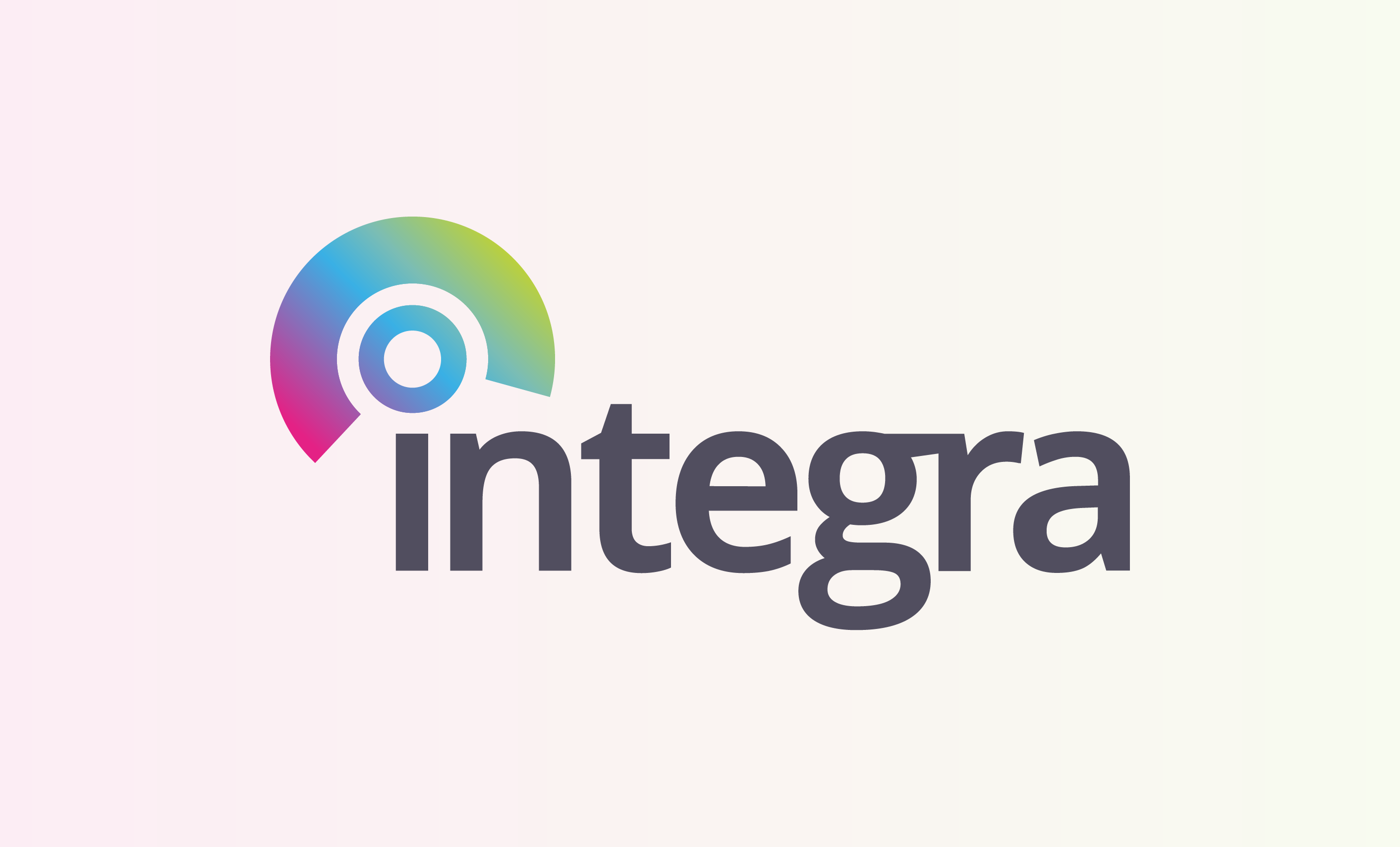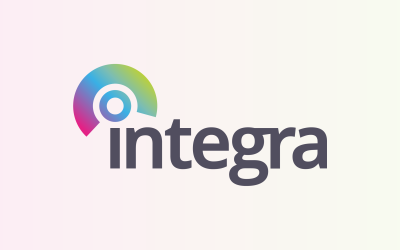Hospitals are set to receive guidance about using animal therapy in hospitals in a move that aims to encourage healthcare settings to enable patients to see their pets, after research shows how animals can improve patient care.
University Hospital in Southampton have already been offering animal therapy for five years, and Amanda Cheesley, who is leading the new initiative with the RCN, says that it is about more than just having a pet to stroke.
The NHS Foundation Trust is helping to shape the future of animal assisted intervention, by running the pilot project with Pets as Therapy and The Humanimal Trust, finding out first-hand about the effects of animals on patients’ health and wellbeing.
The study has been led by dog handlers with their therapy dogs, one of whom is golden retriever Leo. “Leo has worked with young people who are terrified of needles; he’s there until the child goes to sleep, and is there when they wake up.
“It should be more of the norm rather than the exception. In particular settings, like mental health and children’s settings, it can be really, really beneficial,” said Cheesley.
The RCN recently carried out a study of 750 nurses, and 60% of participants in the study thought that the presence of animals could help speed up physical recovery.
Although the attitude towards the initiative appears positive, currently 60% also said that animals were not allowed in their workplace, signalling risk-averse hospital staff.
Nine out of 10 nurses who took part in the study believed that animals can improve the wellbeing of patients with mental health problems such as depression.
Animals can have a profound effect on the health and wellbeing of the people who care for them, so every nurse should consider this when compiling patients’ care plans, according to mental health training team leader Bronwen Williams, for 2gether Foundation Trust.
As animals are often a great support in helping their owners feel secure, happy and relaxed, Williams feels that nurses should do their best to understand what has meaning in patients’ lives, including their animals.
Lyndsey Uglow, who has been visiting patients at Southampton Children’s Hospital, said: “We know from the constant anecdotal feedback we receive from patients, families, staff and members of the public just what a positive impact our visits have on patients and their families, and that in itself provides an immense feeling of satisfaction.”
The RCN organisation is in the process of drawing up guidelines for medical institutions regarding how to use animal therapy safely and efficiently. It will require animals and their handlers to be properly trained, covering basic protocols such as health check-ups and inoculation.
New guidelines are set to be published in September/October this year, and according to Cheesley it doesn’t need to be unique to dogs, and there are other animals who could be appropriately trained. For hospitals who already have protocols in place for guide dogs, the new guidelines should be easy to follow.


